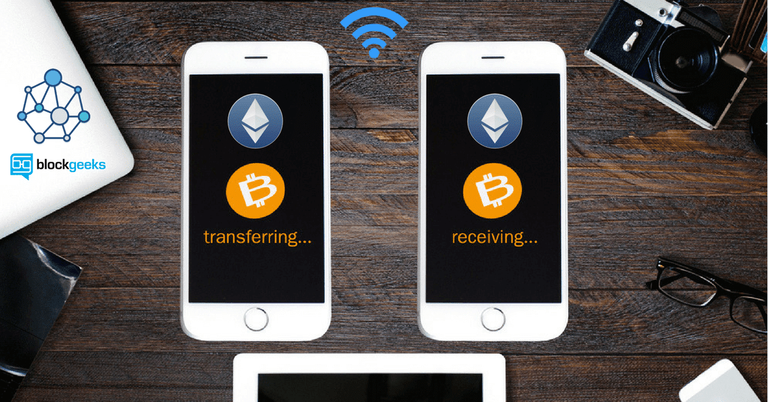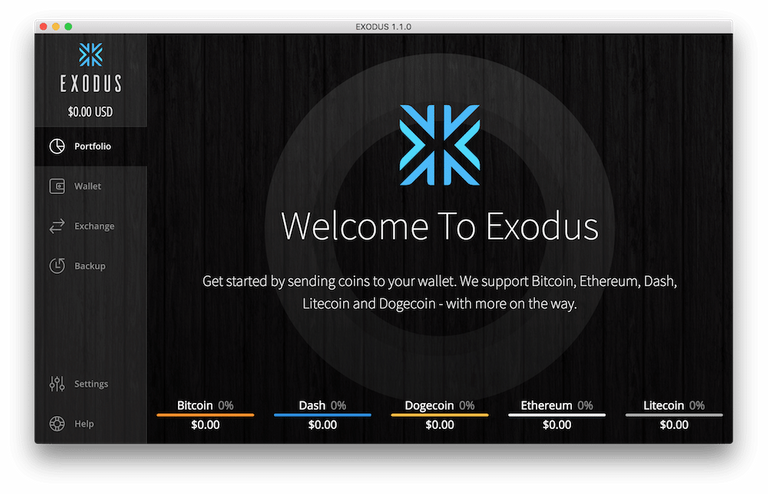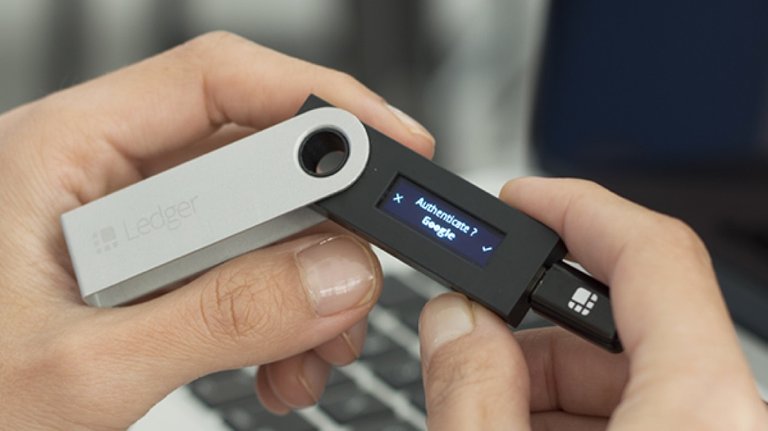Here's a different type of post from us, but very applicable to the steam community.
All of you here have invested in cryptocurrencies, whether you realize it or not, and an important part in protecting your investment is keeping your tokens safe.

After you’ve bought Cryptocurrencies, the next challenge becomes storing them. If you're only investing a small amount and plan to make frequent trades, you’re might be fine just leaving it in a trusted exchange such as Coinbase if you have the right security setup on your account.
Also note that Coinbase just came out with a new feature called Coinbase Vault, which serves as a way for users to have ‘cold storage’ (well get to that in a minute) on their account.
If you're investing a more significant amount for the long term, it’s definitely a must to move your cryptos to a wallet. The reason behind this is that centralized exchanges like Coinbase hold your private keys, so if someone were to hack them, all your information would be vulnerable.
This is where Wallets come in, as they serve as an easy and secure way to send and receive Cryptocurrency, as well as store your coins for the long term. Some wallets can hold multiple Cryptocurrencies such as Bitcoin, Ethereum, and more. There are also some wallets that come with a built-in third party application like Shapeshift that allows you to exchange from one coin to another.
This way, once you’ve bought the amount of Crypto you want and have transferred it to a wallet, it’s possible you would never have to use the exchange again unless you want to cash out into a fiat currency such as the U.S dollar.
The main way to categorize wallets is the distinction between Hot walletsand Cold wallets. The difference is that hot wallets are connected to the internet and cold wallets are not. Since hot wallets are connected to the internet, they are more convenient but less secure than cold wallets.
I’ll start out with the least secure option and work my way down to the most secure.
Hot Wallets
Online Wallets (AKA Exchanges)
While I don’t personally consider these to be wallets, people will often refer to exchanges as “Online Wallets”. These wallets are the most vulnerable type because your not in control of your private keys. For this reason, it’s recommended that you don’t store your cryptocurrencies on these wallets or only use them for storing a small amount.
The nice thing about them is they come with the exchange, so if say, the price of Bitcoin runs up dramatically and you want to sell out, its right there in your exchange so you don’t have to wait to transfer your Bitcoin from your wallet to the exchange.
Software wallets
Then there are hot wallets that are decentralized meaning you are in control of your private keys. They are still connected to the internet, but because of their decentralized nature, they have an increased level of security compared to an exchange.With software wallets, there are two basic types.
Mobile wallets

A mobile wallet is just an application on your phone that you can download and store your cryptos on. Having a mobile app makes it the easiest for people just getting into crypto, which is likely the reason Coinbase has had so much success as an exchange. A couple of good examples are:
Mycelium for android
Breadwallet for android and IOS
Desktop wallets

Desktop wallets are an application on your computer that where you can store and manage your cryptos. They are generally considered more secure than mobile wallets.
A good desktop wallet is Exodus, which supports many different coins. They are known for having a great user interface with graphs to so you how much of each coin you own, as well as a built-in exchange so you can go from one to another.
Jaxx wallet, which has both a mobile wallet and a desktop wallet, also has a chrome extension which makes it easy to send and receive Cryptocurrency without installing software on your desktop.
Cold Wallets
Then there are cold wallets, aka “cold storage.”
This is the most secure because it's not connected to the internet at all. This way hackers can’t get in and steal your crypto’s unless they steal your 12-word passphrase. But just like anything else, the more secure something is the more difficult it usually is from the users perspective. There are two main types of cold wallets:
- Paper wallets
- Hardware wallets.
Paper wallets

Paper wallets are what they sound.
It’s a piece of paper that you can print out and send money to via the public key provided. It is a very safe way to store cryptos because its not connected to the internet at all. The big disadvantage is the inconvenience factor and the risk of losing your paper wallet. It’s easy to set up your paper wallet and send cryptocurrencies to it but it’s a bit of a pain to retrieve your crypto from it.You can create a paper wallet here:
- For Bitcoin: bitaddress.org
- For Ethereum: myetherwallet.com
- For Litecoin: liteaddress.org
Keep in mind to store your paper wallet somewhere safe and make a copy. Also, keep in mind its important to generate and print your paper wallet when you're NOT connected to the internet. So when you get to the website turn off your wifi so you're not online.
Hardware wallets

Hardware wallets look like a USB drive. They are generally considered the safest way to store your cryptocurrencies and are a top choice among crypto enthusiast.
Despite them seeming like some kind of stealthy spy tool, they are actually pretty simple and easy to use. One nice benefit to the hardware wallet as compared to the paper wallet is it can be used interactively, meaning you can send AND receive cryptos as opposed to a paper wallet where you have to import it to software to get the cryptos out. The main hardware wallets are the Trezor anbeginner'sger Nano S.
The downside is they can be somewhat pricey.
There it is. Hope you guys enjoyed the beginners guide to crytpo wallets. A very important step to understanding and utilizing cryptocurrencies.
If you like this post, please commment and follow for more to come!
You got a 19.12% upvote from @booster courtesy of @the.success.club!
NEW FEATURE:
You can earn a passive income from our service by delegating your stake in SteemPower to @booster. We'll be sharing 100% Liquid tokens automatically between all our delegators every time a wallet has accumulated 1K STEEM or SBD.
Quick Delegation: 1000| 2500 | 5000 | 10000 | 20000 | 50000
Well done
thanks!
You got a 4.31% upvote from @postpromoter courtesy of @the.success.club!
Want to promote your posts too? Check out the Steem Bot Tracker website for more info. If you would like to support the development of @postpromoter and the bot tracker please vote for @yabapmatt for witness!
I will always prefer to use an open source wallet, having this kind of wallet does not require trusted third party which make have no full control over your money. I always discourage people to store funds in an exchange specially when it is a large amount. Storing it in an exchange lossing you the ability to verify the safety of your funds since you rely on somebody else. This is why open source wallet is important. Multi wallet like jaxx, exodus, trustwallet are all closed source this only mean that your funds are not secure like what you think. There were open source available out there but this wallet could not hold multiple coins. Surprisingly, there is an open source multiwallet available, Its the HODLER wallet that could store coins such as BTC, ETH, LTC, BCH etch. and even ERC20 token. This wallet is the only open source multi wallet available which could verify the security of your funds and have it simply at one app.
Your post had been curated by the @buildawhale team and mentioned here:
https://steemit.com/curation/@buildawhale/buildawhale-curation-digest-10-19-18
Keep up the good work and original content, everyone appreciates it!
I personally use non-wallets as they are most often free and secure. Most specifically Atomic Wallet, it's a cool wallet and support a wide range of crypto. It has other fascinating features as well. Great info!